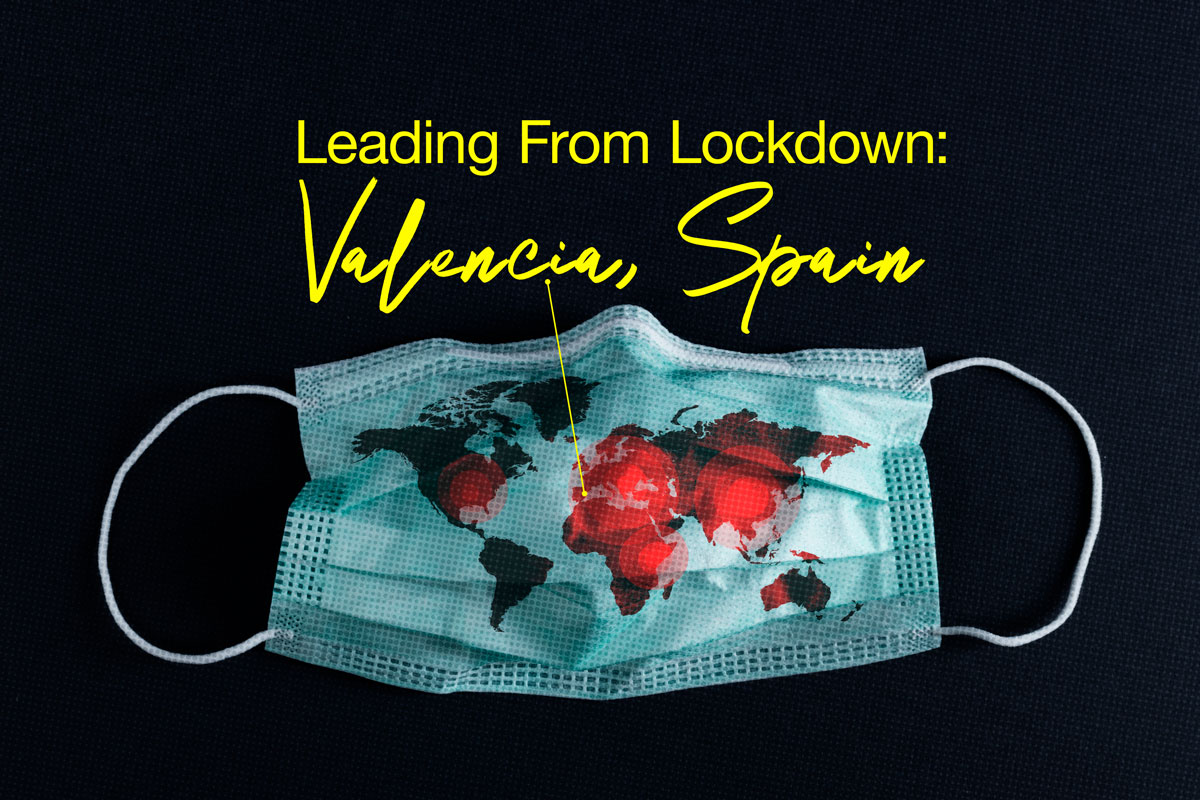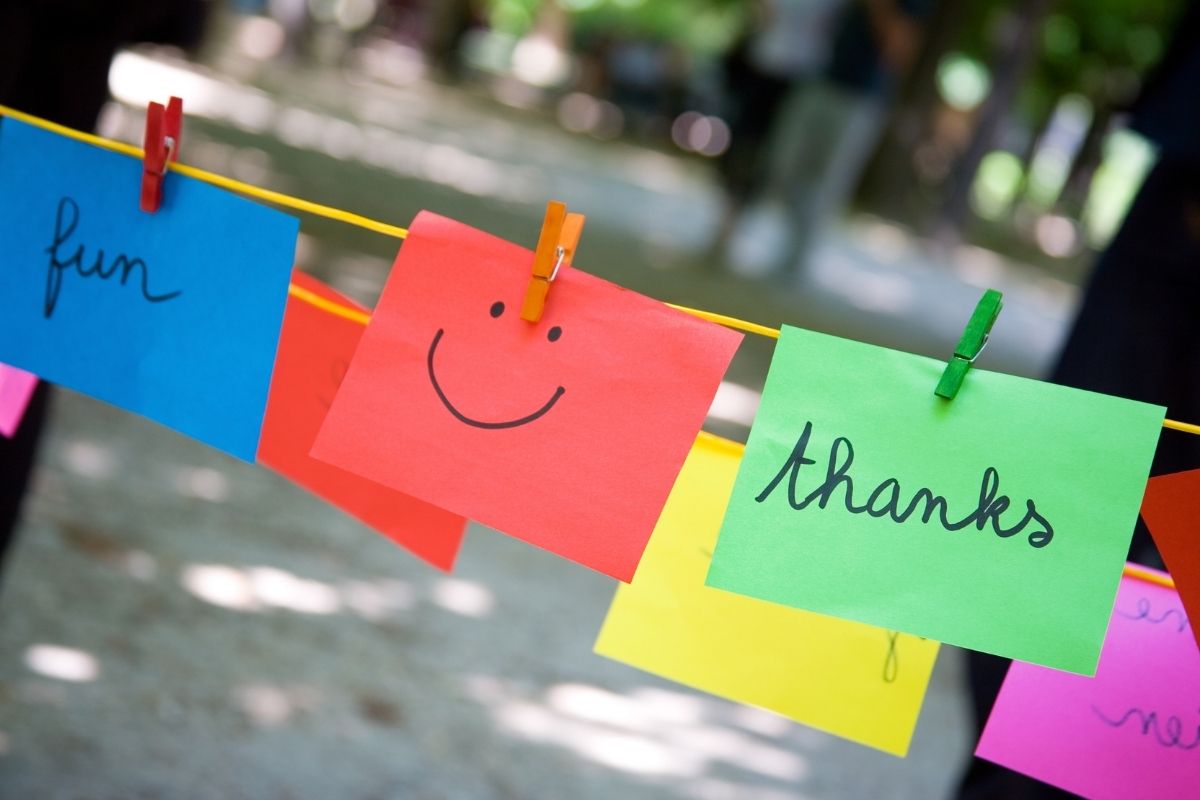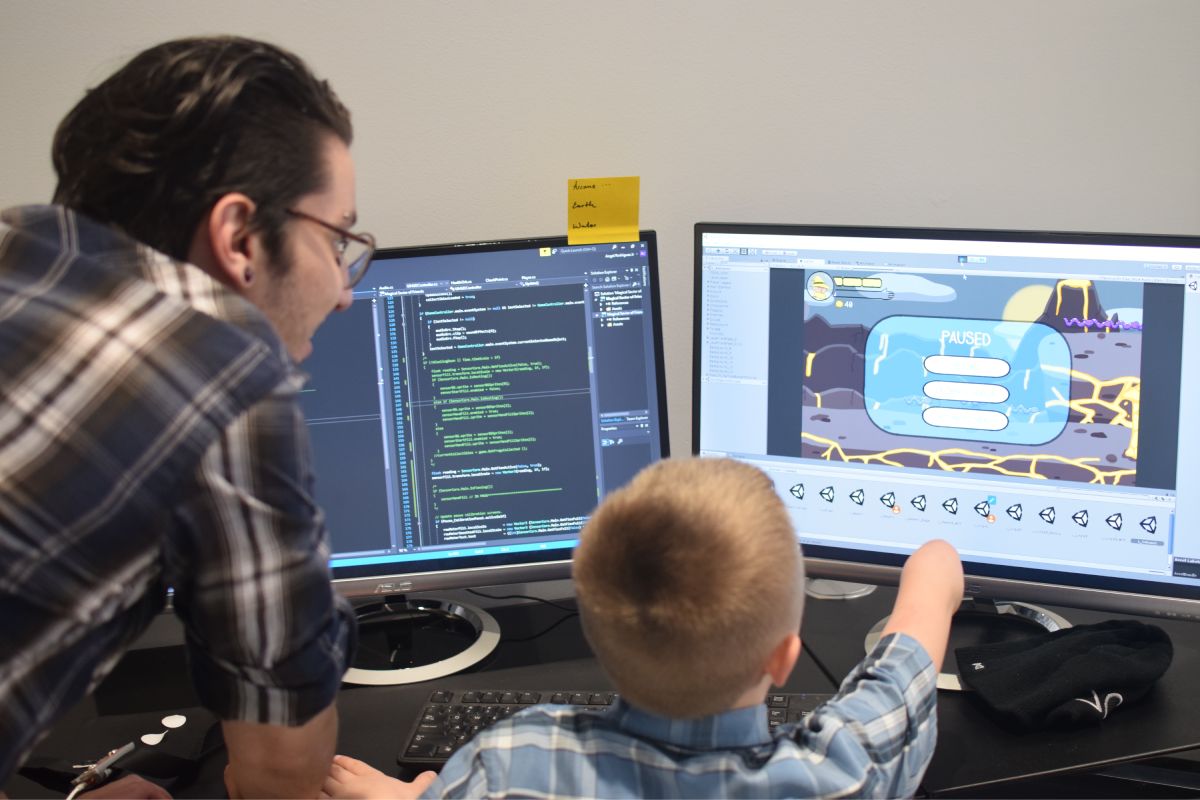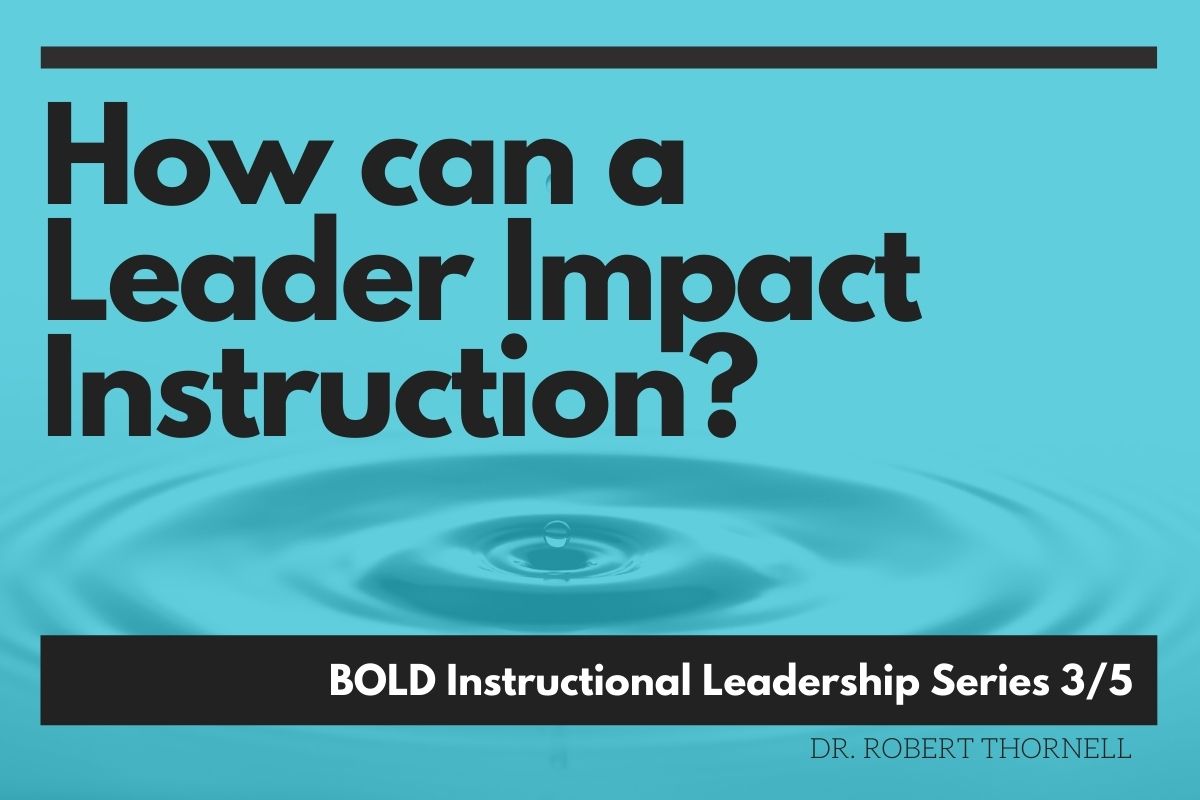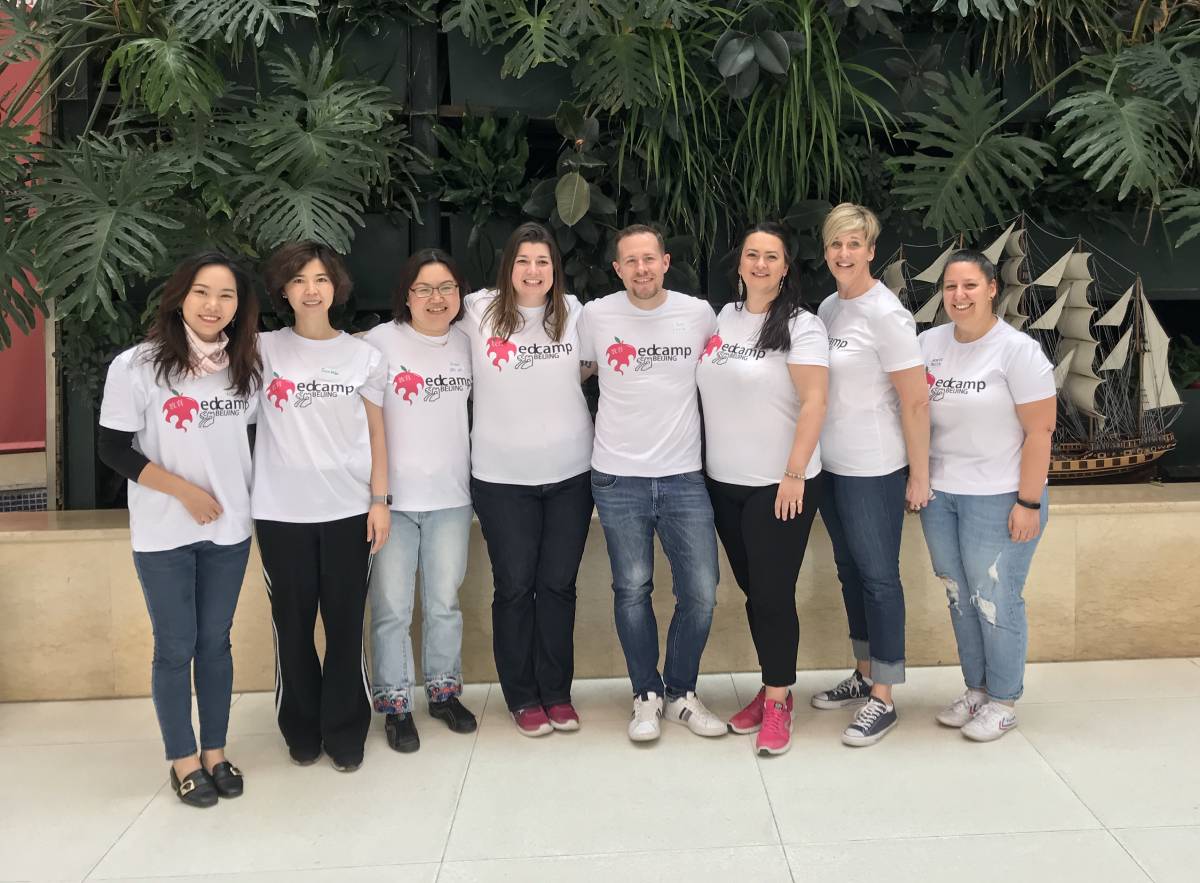5 Lessons Learned in my First Year as Principal
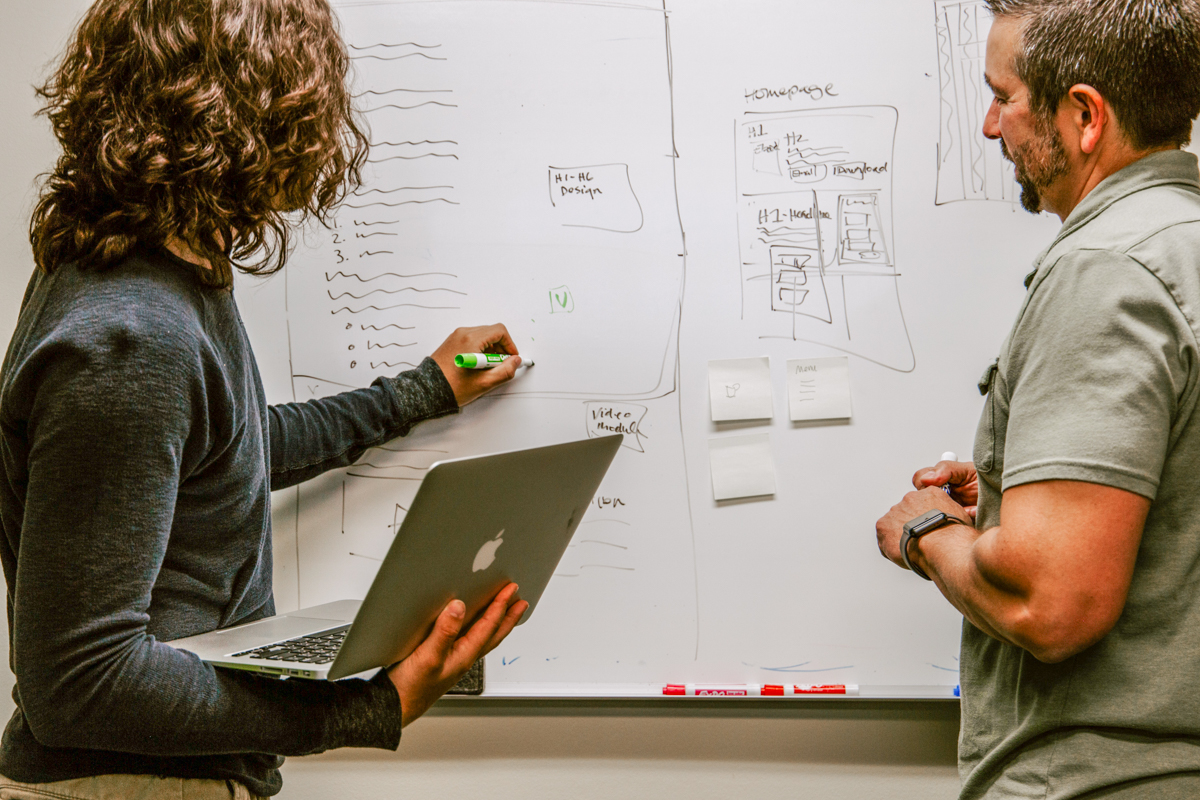
After spending 15 years in the classroom and constantly reflecting on how the “system” could be better for both students and teachers, I decided to go back to school to become a change-maker, or what one might call a 21st Century principal. The path to becoming a principal was not too tricky: a Master’s degree in Educational Leadership, a semester of internship hours, and a state licensure test which may take a few tries to pass. After I got my first opportunity a few years later, I thought I was ready to make a difference, but how little did I know! The following are five lessons I’ve learned about being a principal in my first year.
Be Proactive
A school is similar to a hot pot of water getting ready to bubble over, and as principal, your job is to make sure that doesn’t happen. When there is a problem, take action. If a student gets hurt on the playground, notify the parents right away and don’t let him or her go home all bruised up without saying anything. If a parent complains about a teacher and has some valid reasons, be proactive and have a meeting with the teacher. It can be exhausting, but better to be on the safe side than let things boil over. Consistent communication can also help by reinforcing school policies or training teachers to email parents when there is a student issue.
Read the Handbooks!
It’s amazing how many people don’t know their school policies. I could have saved lots of time during my first year as the principal just reading and studying the school handbook. I’ve learned that the handbook is something not to be overlooked as it is your school’s constitution and a principal’s guide to keeping order in an otherwise sometimes chaotic environment. However, the handbook is not only for the principal to implement – It needs to shared continuously and revised with the stakeholder community who are responsible for following its directions.

It’s better to say NO!
Mr. Mr. Mr…. can we spray paint the hallways for art class? Can I travel mid-school year for a bachelor party in Mexico (teacher request)? Could I put an aquarium in the science department budget? As a first-year principal, you get all types of requests and mainly because most know you are fresh meat. The temptation to want to make a good impression will be there, but it can also get you in trouble if something backfires. If it seems unsafe, expensive, and not good student learning, it is best to say NO! As Steve Jobs says “innovation is saying ‘no’ to 1,000 things.” In schools, saying no is crucial to keep the focus on the vision and mission.
Just Listen
People these days are complicated, and sometimes all they want is someone to listen and validate their concerns. As a principal, you may find this tedious as you have a million things to do, but it’s worth it! I’ve had several times where I practiced deep listening with a frantic parent or colleague and the next day they thanked me. When listening, try not to jump to conclusions and just stay engaged in their side of the story. You can rationalize and make better decisions later; no need to make rushed decisions if they are important. A great article to read is What Great Listeners Do from the Harvard Business Review.
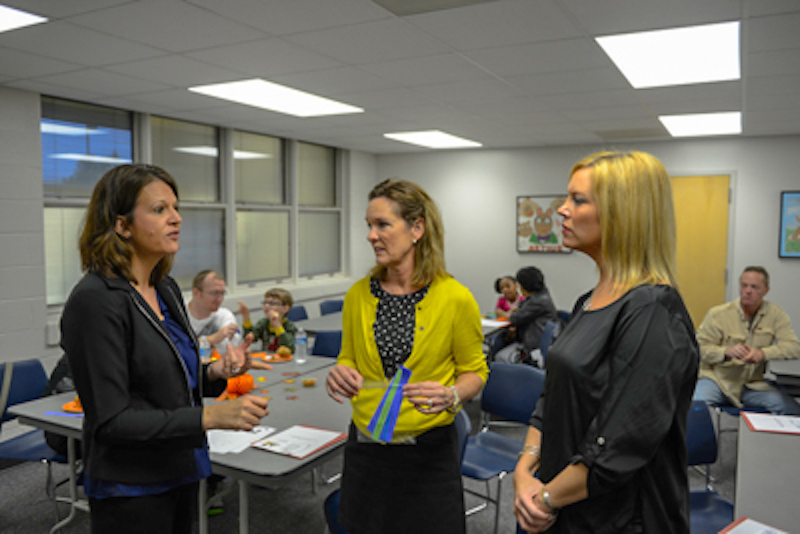
Collaborate
My superintendent often says “nothing gets done in isolation,” stressing the importance of collaboration. Schools are dynamic places and getting someone’s perspective can help you make important decisions. This year, I had a few teachers that were upset with the schedule as many holidays fell on Fridays. In an attempt to provide this relief by making other days Friday bell schedule days, I forgot about our part-time P.E. teacher who couldn’t rearrange his schedule. Students had no teacher for P.E. on these days. Collaboration can help us see things we can’t see alone and make better decisions. Although very difficult to organise collaborative systems, they are well worth the effort.
This article is available and can be accessed in Spanish here.



